Gordon Lynch offers a few reflections on Douglas Coupland’s texts as entry points to the search for meaning of Generation X. He sees this chapter as his key contribution to the conversation on ‘Generation X’.
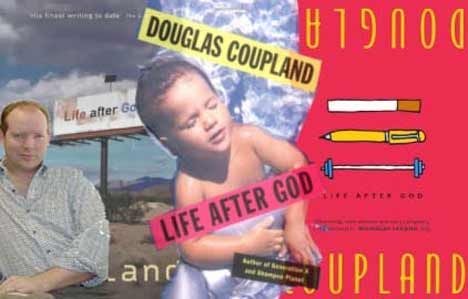
Douglas Coupland’s “Life After God” – 3 versions
Journey/retreat to the desert/wilderness
The struggle to find meaning
Lynch points to the desert as a common thread in Couplands’ novels, symbolising the struggle people face as they search for a sense of meaning in life. One thing is clear in the novels. Insight will not be found by submitting to the demands of a commercially driven world. Withdrawal to the wilderness is the way to go.
Life after God – the narrator travels through the Canadian desert as he tells his stories
Generation X – Andy, Dag and Claire have moved to the edge of the Californian desert to get away from the rat race.
Girlfriend in a coma – Linus spends four years wandering the USA in the hope of finding some meaning to life.
Miss Wyoming – John Johnson gives up career, home and possessions to wander across America.
Lynch points to the parallels with the desert experiences of many religious traditions – Moses in the desert encountering God in the burning bush, Jesus facing temptation in the wilderness. The Christian monastic movement beginning with men and women leaving the cities to enter the wilderness.
Fragmentary Experiences of Meaning
Despite his focus on the struggle to find meaning, Coupland instills his novels with surprising moments of clarity and insight. Lynch describes these as moments of grace in which meaning comes to us in surprising ways, out of the control of the main characters. These epiphanies are not the result of intellectual work. They’re usually borne out of physical experience – touch, sight and sound.
Lynch returns to his theme of personal authenticity in the contemporary search for meaning. Into this highly individualised search Lynch injects the insights of Coupland’s novels. As difficult as life will be, with all its disappointments and suffering, there is a point to continually searching for meaning. In fact that search will have more integrity when it is done in the context of suffering. And in the middle of that search Coupland raises the hope that we will find glimpses of a reality that is beyond our control, a reality that we can neither fabricate nor deny.




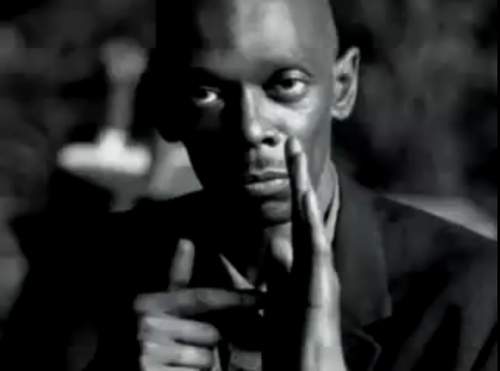
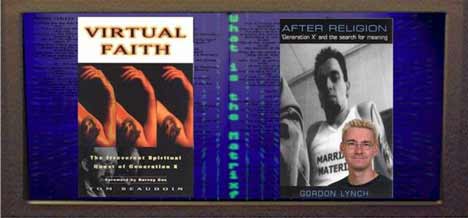
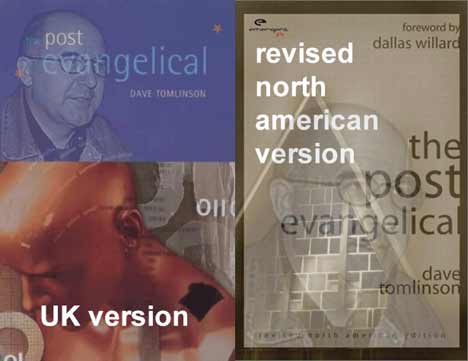
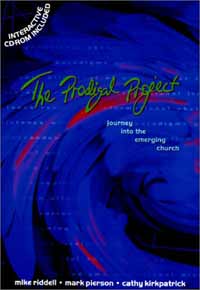 Gordon Lynch also refers to the Alternative Worship scene that’s grown up in the UK – another expression of ‘generation x’ approaches to faith. Lynch explains that Generation X values are found in the open-ended, creative and personally authentic search for meaning found in alternative worship services. It’s interesting to note that a key text used by Lynch is “
Gordon Lynch also refers to the Alternative Worship scene that’s grown up in the UK – another expression of ‘generation x’ approaches to faith. Lynch explains that Generation X values are found in the open-ended, creative and personally authentic search for meaning found in alternative worship services. It’s interesting to note that a key text used by Lynch is “